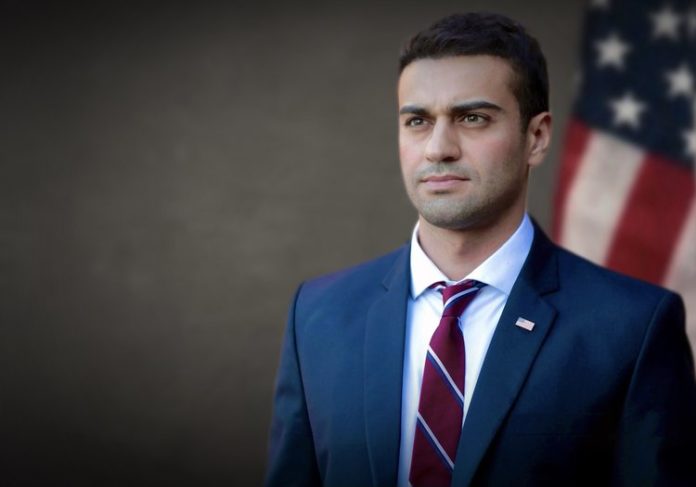Questions have been raised about an unusual transaction reported by Attorney General candidate Abe Hamadeh on his financial disclosures. On March 21, 2022, Mr. Hamadeh reported receiving a loan for $1,000,000. That loan remained on the balance sheet as available cash to pursue his statewide campaign until shortly after March 31, 2022. That date is significant because that is the quarterly reporting date for public disclosure. Most candidates eagerly report their quarterly balance to show they have the money to run a credible statewide campaign.
In an unusual move, however, Mr. Hamadeh returned or repaid the loan just four days later, on April 4, 2022, but not until after first publicly tweeting his cash on hand at “$1,062,000.”
Notably, the return or repayment of the loan would not be disclosed until the end of the next quarter, June 30, 2022. In short, for the entire second quarter, it would appear that Mr. Hamadeh had over a million dollars cash on hand, even though for all but four days of that quarter, he returned the $1,000,000 and would have substantially less on hand.
The question raised by these mysterious transactions is why? Why was the loan returned a little more than a week after the end of quarter public report? Did Mr. Hamadeh disclose to his donors and supporters that he did not have that money anymore to run a statewide campaign?
Notably, on June 15, 2022, President Donald Trump endorsed Mr. Hamadeh. In a series of tweets, Congressman Paul Gosar asked if Mr. Hamadeh disclosed the return of the loan to President Trump prior to the June 15 endorsement. Without such a disclosure, President Trump and his team vetting Mr. Hamadeh would be under the misimpression that the last publicly disclosed financial report would show a substantial financial reserve to run a successful campaign.
Rep. Paul Gosar added that he was not saying anything was “done wrong” or illegal about this. He was noting that this was “unusual” and was asking “if this was disclosed to the President prior to the endorsement?” The latter question he found important for purposes of being forthright about the depth of the candidate’s fundraising ability and comparative honesty.
Previously President Trump withdrew an endorsement of Rep. Mo Brooks after learning that Mr. Brooks was not sufficiently fundraising. President Trump withdrew his endorsement after learning that Alabama Republican Rep. Mo Brooks raised less than $400,000 from October through December 2021 and had less than $2 million in the bank for his statewide campaign. Political analysts Five Thirty Eight remarked that “the candidate who spends the most money usually wins” between 80% and 90% of the time. For that reason, adequate and full disclosure of actual cash raised is a key fact in deciding endorsements.
At the time this went to press, Mr. Hamadeh has not publicly clarified why the loan was returned shortly after it was reported, or whether he, in fact, informed President Trump that the money he listed in his last public report had been repaid, and he only had $60,000 in cash on hand.















